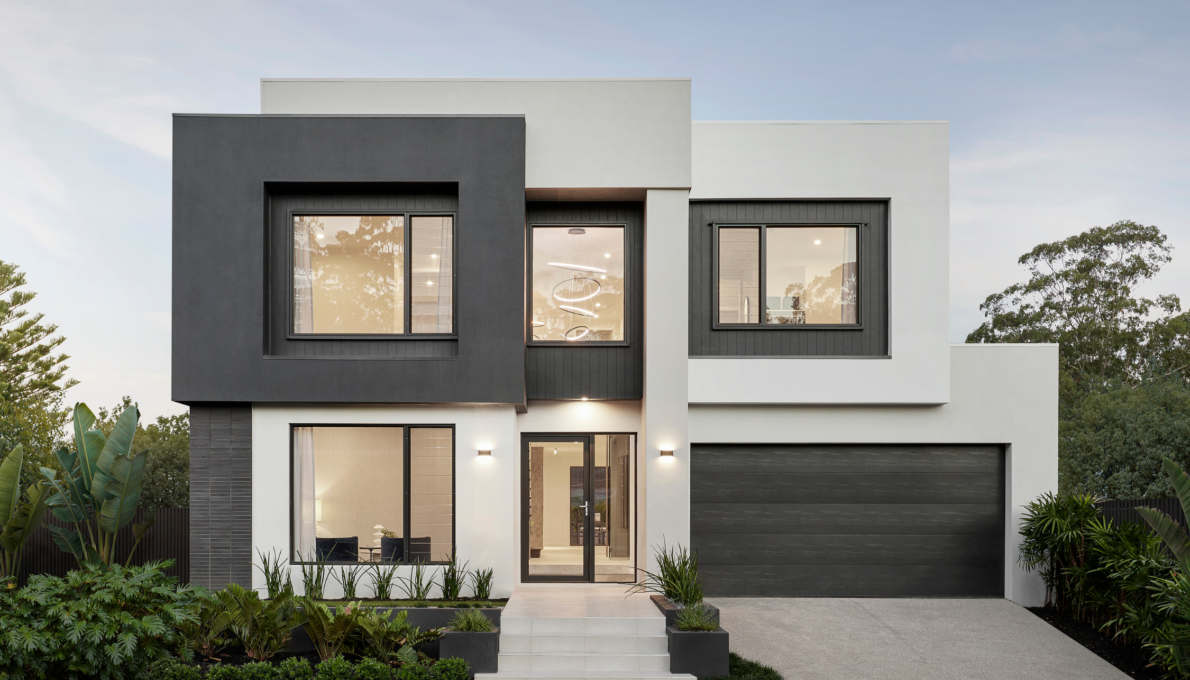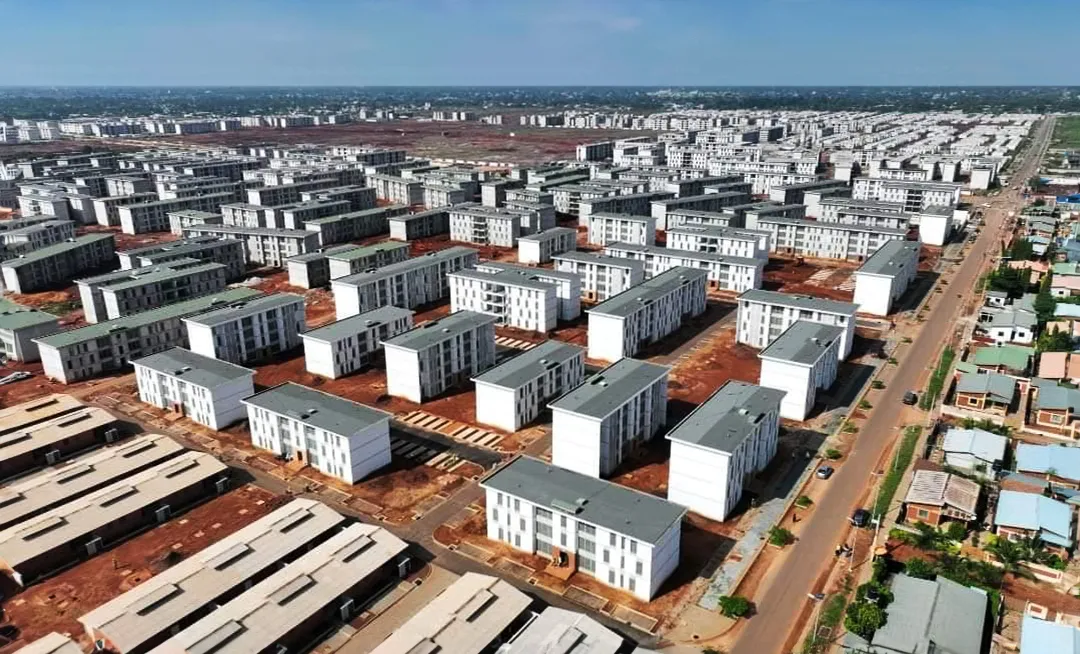Leasehold and freehold are two typical terms used in the residential or commercial property market. While they may sound comparable, they have distinct significances and implications for residential or commercial property ownership.
Understanding the differences between freehold vs. leasehold is vital for investors to make educated choices. Drawing on our comprehensive experience in residential or commercial property financial investment, we dive into the essential differences in ownership rights, ongoing expenses, control and versatility.

Freehold Vs Leasehold Meaning

Freehold ownership grants the holder absolute and continuous ownership of the residential or commercial property, including both the building and the land it stands upon. Freehold ownership is generally related to detached homes and some semi-detached houses.
Leasehold suggests leasing a residential or commercial property for a set duration. The leaseholder successfully pays for the right to inhabit the residential or commercial property, however they do not own the hidden land. This indicates that the leaseholder may have to pay ground rent to the freeholder, who owns the land. Additionally, the leaseholder may undergo numerous limitations imposed by the freeholder, such as restrictions on modifications or pet ownership. Leasehold ownership is practically always the case when acquiring an apartment or flat in the UK. In total, there have to do with 5 million leasehold homes in the UK.
How Long Can A Lease Be?
Leasehold residential or commercial properties typically have a set term of 99 or 125 years, but leases can range from 21 years to 999 years. The freeholder typically determines the length of the lease, and there are no rigorous minimum or optimum limitations. However, much shorter leasehold residential or commercial properties are typically less preferable and might command a lower resale worth due to the unpredictability related to a much shorter term.
Here's a breakdown of typical lease lengths:
99 years: This is the most common lease term for leasehold residential or commercial properties. It provides a balance in between affordability and flexibility, and it is usually considered a long-term investment.
125 years: This lease term offers greater security and potential for resale value than 99-year leases. However, it is also related to greater initial purchase costs.
21 to 999 years: Lease lengths outside the 99-year and 125-year range are less typical, however they do exist.
Advantages of a Leasehold Residential Or Commercial Property for Investors
The versatility advantages of leasehold residential or commercial properties are often overshadowed by the viewed benefits of freehold ownership. However, for particular kinds of financiers and residential or commercial property uses, leasehold arrangements can offer distinct benefits in terms of flexibility and versatility.
Diversification of Investment Portfolio: Leasehold residential or commercial properties can use diversification within a financial investment portfolio, offering exposure to a different set of risks and chances compared to freehold ownership. This diversification can help to lower general portfolio risk and possibly enhance returns.
Lower Initial Investment Costs: Leasehold residential or commercial properties typically have lower upfront costs compared to freehold residential or commercial properties. This lower preliminary investment can be particularly attracting investors with restricted capital or those looking for to get in the residential or commercial property market with a smaller monetary dedication.
Reduced Repair And Maintenance Responsibilities: Leaseholders are typically not accountable for the significant upkeep and repairs of the structure's structure or common locations. These expenses are typically paid for by the freeholder, who is accountable for maintaining the total residential or commercial property. This can be a substantial advantage for financiers who lack the time, proficiency, or resources to manage these elements of residential or commercial property ownership.
Disadvantages of a Leasehold Residential Or Commercial Property for Investors

Lease Extension Challenges: Extending a lease once it nears expiry can be costly and involve complicated settlements with the freeholder.
Restrictions on Letting: Some lease contracts might have clauses limiting how you can discharge the residential or commercial property, impacting your rental earnings potential.
Advantages of a Freehold Vs Leasehold Residential Or Commercial Property for Investors
Stability and Security: Freehold vs. leasehold ownership uses a sense of stability and security that leasehold residential or commercial properties can not match. The absence of leasehold limitations and the permanence of ownership provide peace of mind for investors, making sure that they have long-lasting control over their residential or commercial property assets.
Enhanced Borrowing Capacity: Freehold residential or commercial properties may offer greater loaning capacity for financiers when seeking financing for residential or commercial property acquisitions or remodellings. Lenders often view freehold ownership as a more safe form of collateral, potentially leading to more favourable loan terms.
Disadvantages of a Freehold Vs Leasehold Residential Or Commercial Property for Investors
Higher Initial Investment: Freeholds usually need a larger upfront expense compared to leaseholds. This can limit your capability to invest in multiple residential or commercial properties or require a larger loan, affecting your cash flow.
Potential for Unexpected Costs: Unlike leaseholds with foreseeable service fee, unexpected concerns like structural problems or roofing system repair work can cause significant unplanned expenditures. Budgeting for upkeep is important, however unanticipated costs can still disrupt your financial investment technique.
Complexity of Managing Multiple Properties: Freehold ownership often involves managing the residential or commercial property yourself, including finding renters, dealing with repairs, and handling legal elements. This can be lengthy and require specific skills, specifically if you own numerous residential or commercial properties.
Leasehold Charges
Leasehold residential or commercial properties normally sustain additional expenses beyond the initial purchase rate. These ongoing expenses are often referred to as "leasehold charges" and are normally paid for by the leaseholder. The particular expenses might vary depending on the residential or commercial property and the regards to the lease, however they usually consist of the following:
Ground lease: This is a recurring charge paid to the freeholder, who owns the land upon which the residential or commercial property stands. Ground rent is usually a repaired amount payable annually or semi-annually.
Service fee: These charges cover the costs of maintaining and managing the common locations of the structure, such as corridors, gardens, elevators, and shared centers. Service charges might also consist of expenses for services such as cleansing, security, and insurance coverage.
Administration charges: These charges are levied by the freeholder or handling representative to cover the expenses of handling the leasehold residential or commercial property, such as administration, accounting, and legal charges.
Leasehold enfranchisement costs: If leaseholders want to obtain the freehold ownership of their residential or commercial property, they might incur a one-time enfranchisement charge. This cost is normally computed based on the value of the residential or commercial property and the staying lease term.
In addition to these recurring expenses, leaseholders may likewise face one-time expenditures related to their lease, such as lease extension costs or variation costs. These costs are usually charged when leaseholders look for to extend the lease term or make significant alterations to the residential or commercial property.
Freehold Vs Leasehold: Control and Flexibility
Freehold vs. leasehold ownership differ significantly in terms of control and versatility.
Freehold Control and Flexibility

The control that freehold residential or commercial property ownership permits, offers owners the authority to:
Make modifications and restorations without seeking permission: Freehold owners have the liberty to customize their residential or commercial property as they please, whether it's minor cosmetic modifications or extensive structural changes.
Choose their own tenants: Freehold owners have total discretion in selecting tenants for their rental residential or commercial properties, setting rental terms, and managing occupant relationships.
Enjoy unrestricted residential or commercial property usage: Freehold owners can use their residential or commercial property for any legal purpose, whether it's property, industrial, or a combination of both.
Make long-term plans without restrictions: Freehold ownership offers the security and versatility to make long-lasting plans for the residential or commercial property without constraints imposed by a lease term.

Leasehold Control and Flexibility
Leasehold ownership offers a structured framework for residential or commercial property management, which can be useful in keeping residential or commercial property requirements and neighborhood harmony. Key aspects consist of:

Clear Guidelines: Leasehold contracts lay out specific do's and do n'ts, such as constraints on animals, sound, and certain types of renovations. This assists maintain the residential or commercial property's value and makes sure an enjoyable living environment for all residents.
Approval for Changes: For significant renovations, leaseholders need to get the thumbs-up from the freeholder. This action makes sure that considerable adjustments remain in line with the general residential or commercial property standards and aesthetics.
Designated Use: Leasehold residential or commercial properties typically include clear use classifications, like domestic or commercial, which assists leaseholders comprehend what activities appropriate for their residential or commercial property.
Renewal Planning: The set regard to a lease encourages leaseholders to prepare for the future, whether that's restoring the lease, making modifications, or considering other choices as the lease nears its end.
While freeholds provide more autonomy, leaseholds offer a balance between individual residential or commercial property rights and community well-being. This can be appealing for those who value maintaining high requirements and cohesion within their living or investment area. When considering leasehold residential or commercial properties, it is necessary to weigh these structured benefits against the constraints to discover the very best suitable for your financial investment method.
Find the finest Freehold vs. leasehold choice for you with IP Global
Understanding the subtleties of leasehold vs freehold ownership is essential for residential or commercial property investors to make informed choices that line up with their financial investment goals and risk tolerance. By carefully thinking about factors such as control, flexibility, and prospective rental income, financiers can browse the residential or commercial property market with greater self-confidence and maximise their capacity for success.
If you would like support in figuring out the very best option for you, please don't think twice to contact us. Our team of experts are ready to offer assistance and support.









